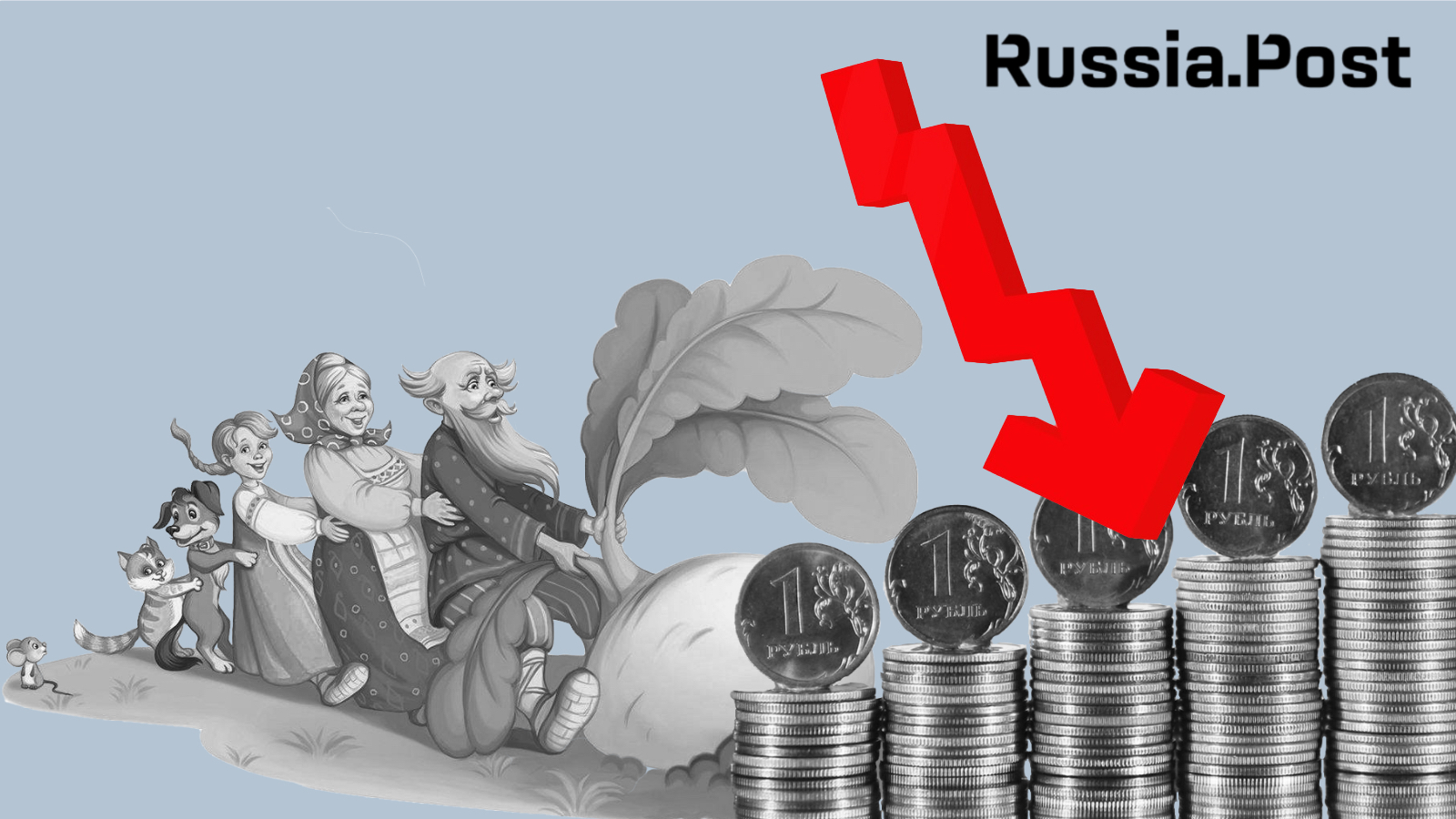Nikolai Kulbaka on how Russia’s budget deficit is planned to be addressed, whether to trust Russian official statistics and why nominal GDP growth does not mean a healthy national economy.
Summary:
-
The Russian government will further cut spending on health care, education and culture.
-
More efficient private investment is being replaced by inefficient public spending while consumer spending is falling.
-
The opaqueness of Russian statistics is already hurting government policymaking. It is practically impossible for financial sector officials to make the right decisions without good statistics.
-
Instead of investing in new, efficient production facilities, the military-industrial complex is spending most of its money on duplicating and repairing long-obsolete defense products. New designs have been shelved. As have long-term infrastructure projects. So, the biggest losses for Russia are still ahead.



I mean if you look through russian history, it’s a pretty common theme.
One of the jokes is that the history of Russia can be summed up in one short sentence: “And then things got worse”
Fun fact, even with the mass murders and repeated famines of Lenin and Stalin, the life of the average Russian peasant got better after the revolution.
Which just says how horrible life was under the Tsars.
The common people of that area of the world have been fucked over for centuries.
“In Russia, everything changes in 10 years, but nothing changes in 100 years.” Well-known quote in Russia